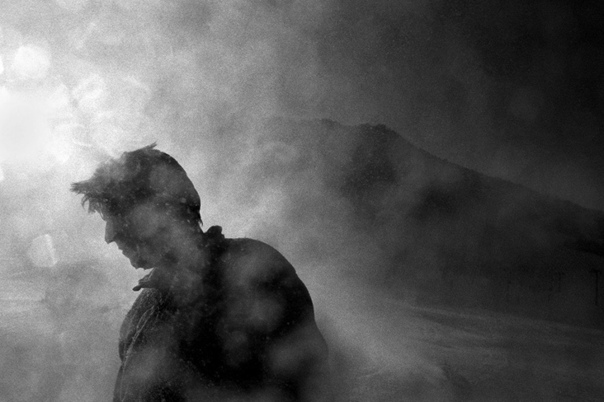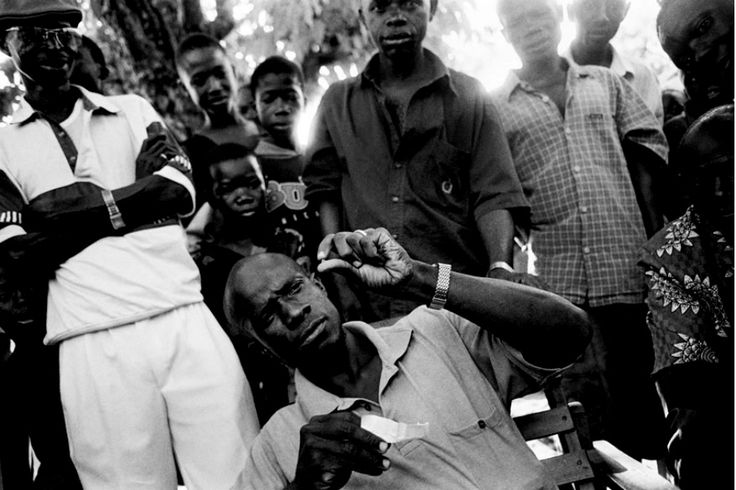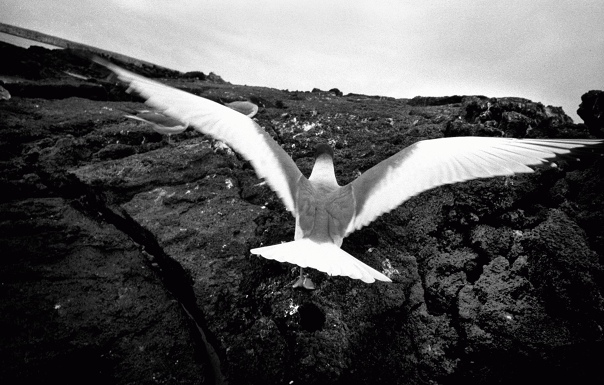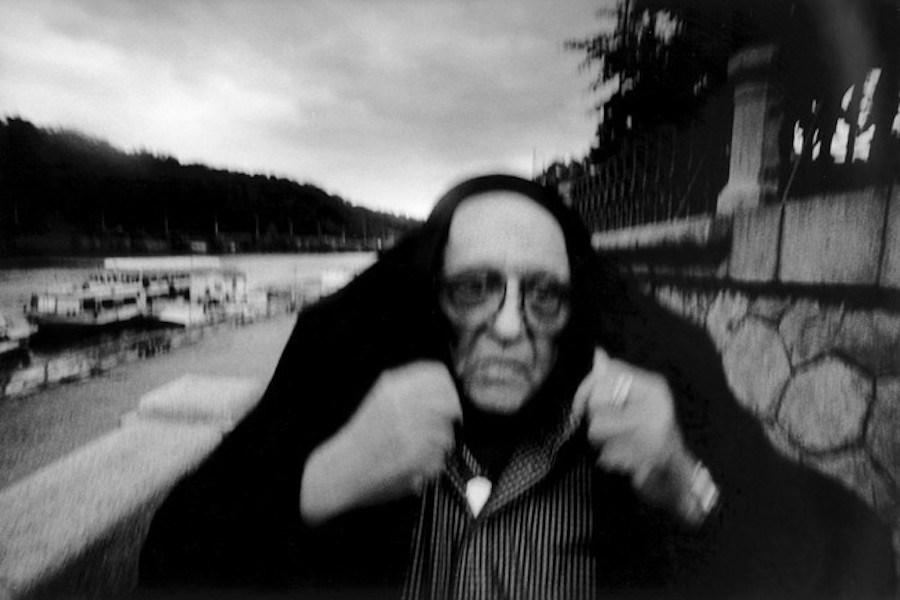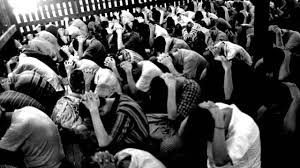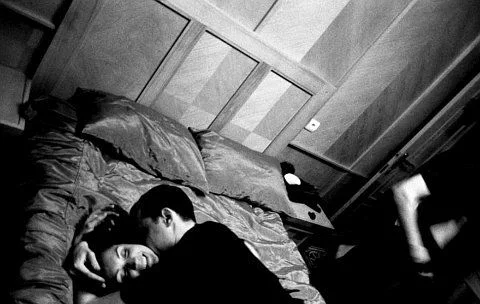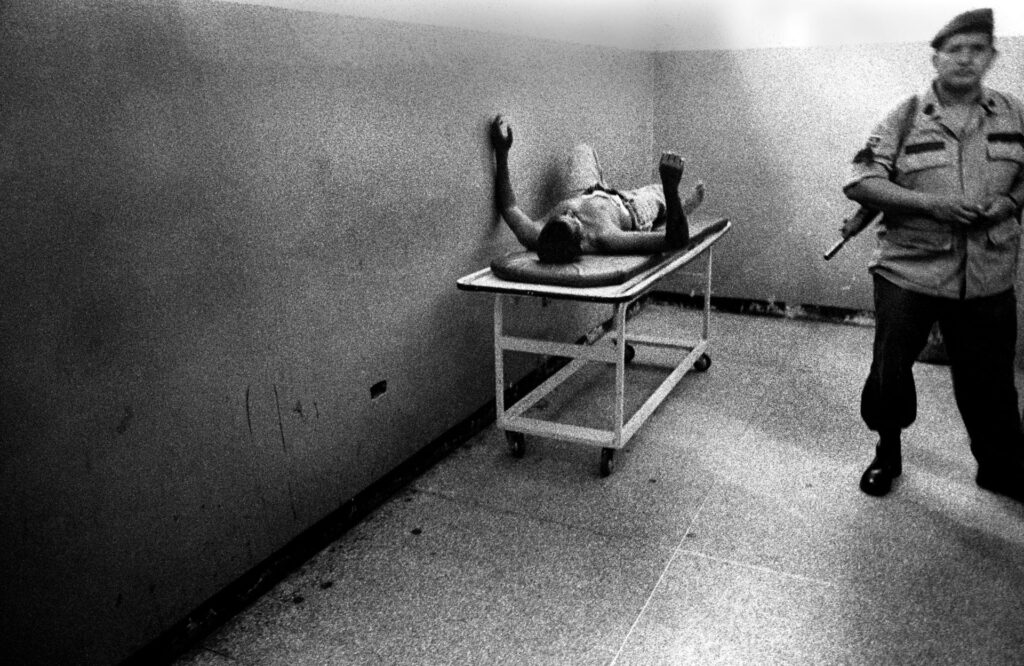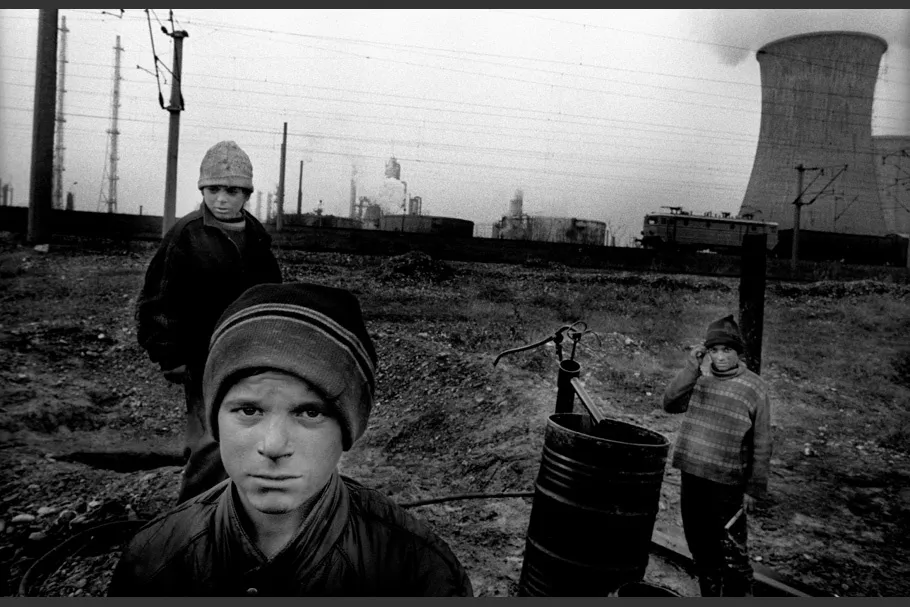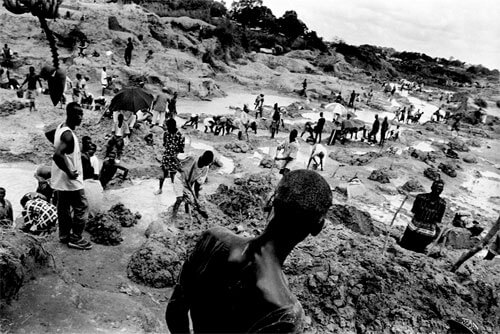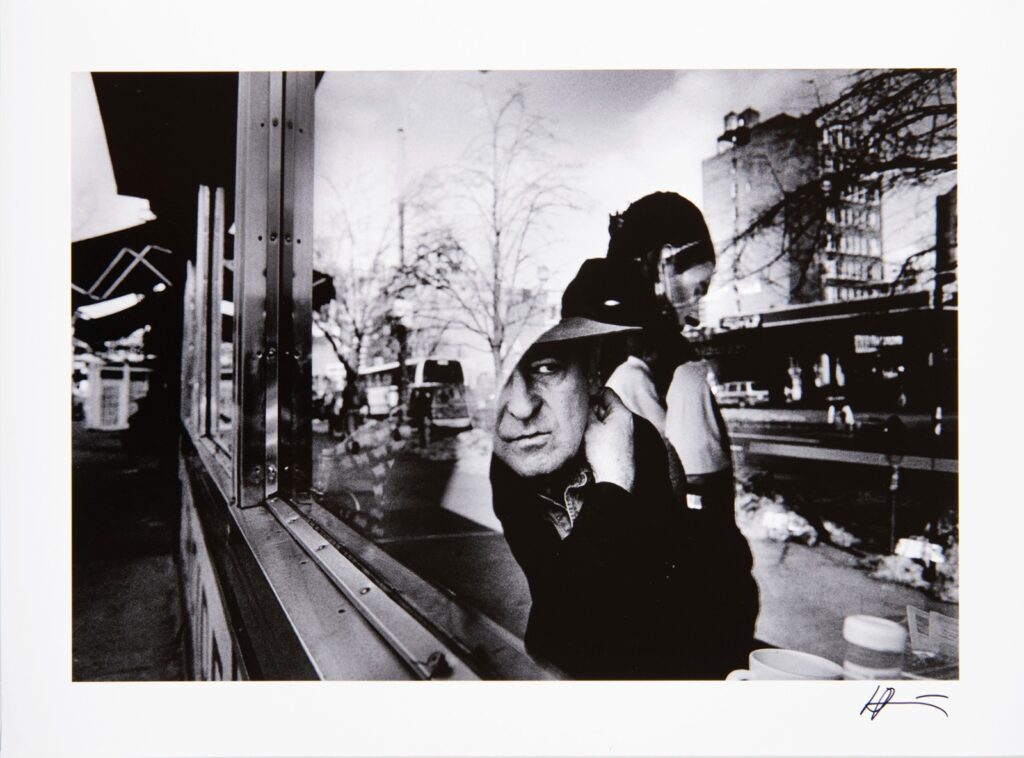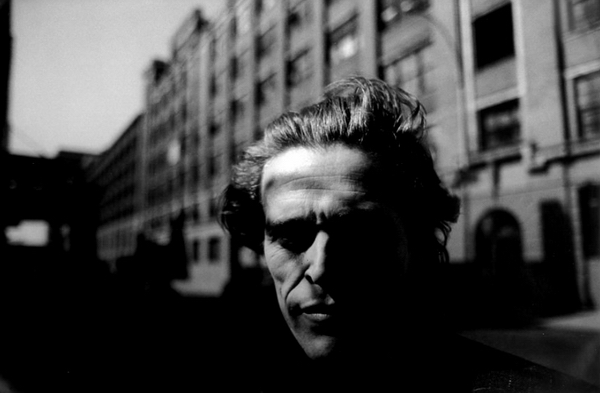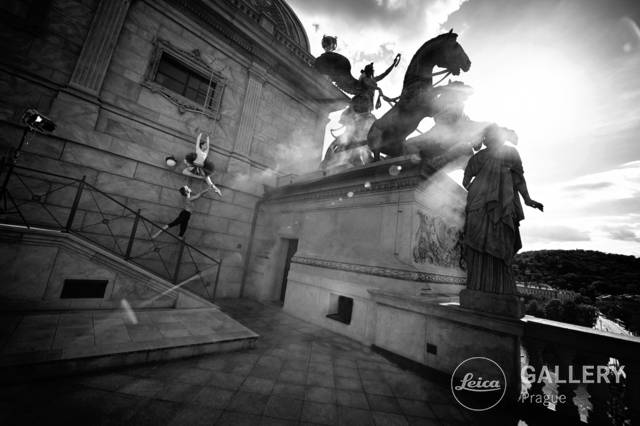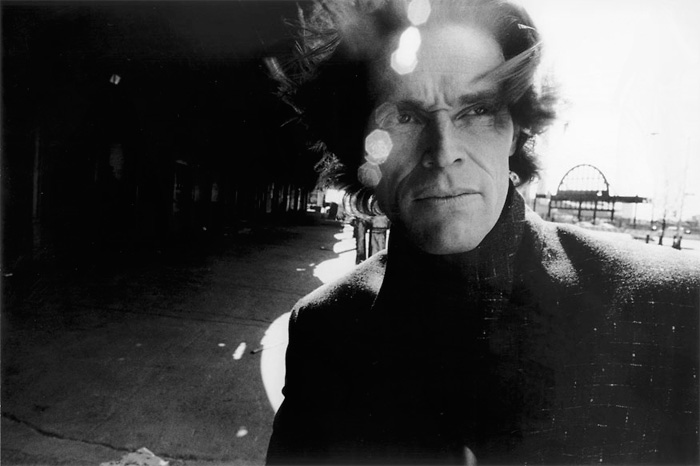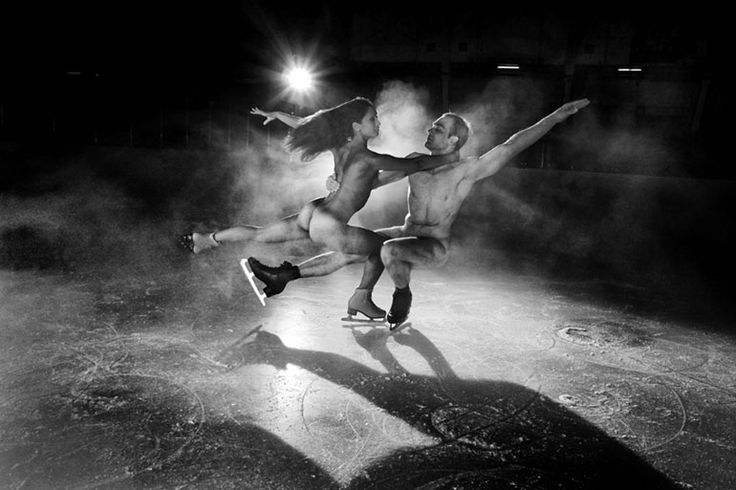I started to perceive the photographic work of Anton Kratochvil not even as a student. It was just after the events of November and I thought to myself, someone will tell us again how well they do it in the West and we will be told how to do it right by the nation of such greats as Jan Amos Komenský, František Palacký, Alois Jirásek, Jan Neruda, Antonín Dvořák, Bedřich Smetana, Alfons Mucha, František Drtikol, Josef Sudek and many others. But as soon as I started to study Antonín's photographic work and read his interviews, everything was different. And I realised that he was, among other things, a Czechoslovakian, who was shaped by the world itself, and that in the course of his life he laid at the feet of the world an immeasurable global wealth, and believe me, I say this with the greatest responsible seriousness. But the present simply does not know it yet. And so I decided to comment, at least in a hint, on his work.
An appointed pilgrimage in the sense of mission.
Antonín Kratochvíl is listed among the 100 best photographers in the world and he is rightfully included here. He earned this right not by his own ambitions, as is the trend with most photographers, but by the fact that photography became closely intertwined with his own life, he could not often live without photography and, above all, he took it with humility as his mission. In the beginning, the decision was either photography or who knows what fate. Photography became his lifelong destiny and a pilgrimage that pointed him in a direction, and in return, with a humility and sincerity all his own, he submitted his images to the world as only he could see it, presenting a unique perspective. Moreover, he endured this very thorny journey, which also speaks of his strength, will, resilience and his own greatness.
Black rain in the hell of ordinary life
I can't help but be reminded of Dante's Divine Comedy every time I browse through his archetype. Just the proto-black rain and the apocalyptic footage from Rwanda, where in one place over a thousand Tutsis were genocidally murdered by the Hutus in a matter of hours! Otherwise, over a million were slaughtered in total. These scenes correspond to the description of the hell of Dante. Moreover, the characteristic of hell is that it comes suddenly and abruptly, like a bolt from the blue. But Dante's hell is, after all, a terrifying fantasy image from the poem, whereas Antoninus' photographs are real-life images. And that makes it all the more cruel. And what's more, in this pictorial hell, Antonín is able to portray these piles of dead bodies with deep human humility, despite their horrific departure from this world. He thus adds to his work, of course, the greatest excess of moral principles and attitudes. The implication is that he himself has this as his own standard of living.
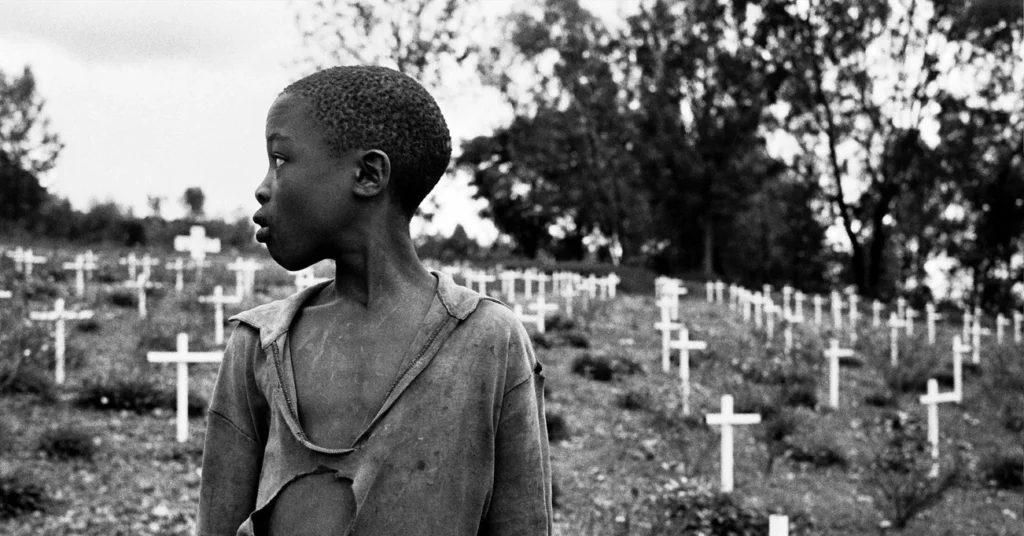
Portrait projects as purgatory
The question posed to Antonín Kratochvíl, where is his homeland. It is determined by the indeterminacy in his work itself. In my opinion, it is wherever the common man is. Be it any layer, or a corner forgotten by God, or just a spiritual hint of man in the blurred yet dynamic picture of life. Yes everywhere, there is his homeland. Fortunately, thanks to his fifty years of diligence in the field of photography, brilliant originality in the simplest possible terms, he is also of interest and highly visible. The aforementioned purgatory is strongly evident in the portrait. The world stars of the cultural sky, are confronted in a bleak environment under the stark contrasting sunlight, to show simply and in almost absolute nakedness the ordinariness and humanity of these "Culturally Successful Personalities". Thus, a literal real purgatory occurs. Where, although the portrayed are taken down from the pedestal of fame and success, their character traits are humanized all the more, while the portrayed's own authority is preserved.
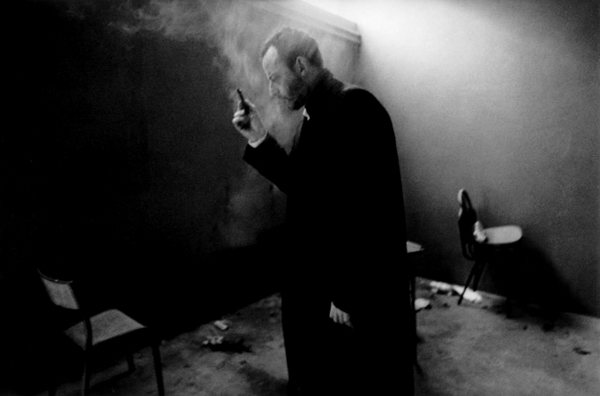
Visions of a much needed paradise
After the cleansing catharsis, the beautiful images of Antonín, as we see them in our most beautiful dreams, will flash before you. Dreams that are literally almost paradisiacal. The last door of the "Divine Comedy" opens without the viewer noticing that he is slowly emerging from hell and coming straight to paradise. Yes, the path to paradise is as gradual as it is in life itself. This is all Anthony's homeland, and it is summed up by that white-faced honest way of going as close to the truth as possible and humbly, and putting into the picture the added value of a very cruelly cursed poet who has won the respect of the whole world. I believe that a person who is able to literally experience his own work in such a suggestive way, where he depicts, for example, on the one hand, the suffering of a person through that imaginary Dante's hell, and then is able to produce a photographic grand-narrative paradisiacal poetry. This photographer has experienced, in strong empathy, besides his own suffering, the very suffering he depicts in his vivid photographic stories. And with these experiences, he is able to enrich a large part of the global society. I just want to reiterate that he is a native of Czechoslovakia and it is our duty to proudly claim the author and his archrival. to respect and honor. There is de facto nothing more to add. Thank you, master.
Jan Vojtěch


